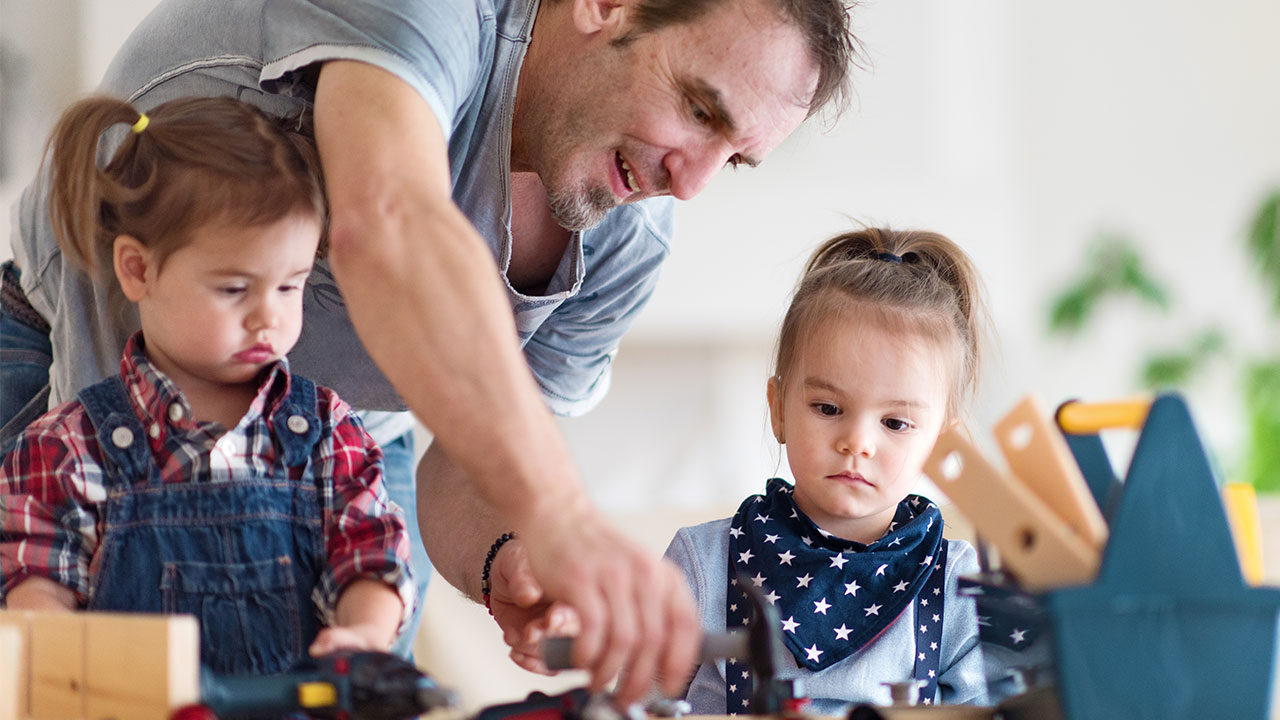Talking Time with your Child…Make it an Atomic Habit
I have recently been reflecting upon how our daily habits all contribute to our long term health and wellbeing after reading the bestselling book ‘Atomic Habits’ by James Clear. For those of you who attended our face to face Learn2Communicate events throughout the Central West of NSW earlier in 2022, you would already know this. I haven’t stopped thinking about the idea of applying this concept to my work as a Speech Pathologist. How can we make small and easy changes to our daily routines and interactions with children in a way that will have a powerful impact?
We know that children respond well to frequent, positive interactions with a loving caregiver and that child acquisition of oral language skills can be boosted in the early years via such interactions. As a Speech Pathologist and also as a Parent, I also know that providing families of children who have speech, language and communication challenges with comprehensive, detailed ‘home programmes’ in order to provide this boost to oral language can be ineffective. Add to this the request by the Speech Pathologist to “complete this home programme with your child at least 3-4 times per week and try to spend 15-30 minutes during each practice time” and we see many parents opting to run for the hills!
What if we could, instead, infuse some new powerful habits into everyday routines and that these habits were easy yet effective in helping all children become effective communicators?
How can we make Talking Time with Children a new Atomic Habit that each and every one of us can adopt?
Here are some ideas I would encourage all of you to consider!
Start by identifying what the exisiting routines are during your day that involve you and your child.
Write these down. A routine doesn’t have to have many steps; it is simply just something that happens on several days each week with some degree of predictability. Some examples I can think of with a toddler in mind might be: getting into the car seat, packing a bag for daycare, bath time, story time at night, getting dressed, breakfast, snack, lunch and dinner time, parent returning home from work time, bed time. Perhaps keep a blank piece of paper on the fridge for a week and note every small little routine that you can think of as it occurs.
Now…choose one of those routines and write down the ‘script’ for what happens. Here is an example for a fictional child. Let’s call him Dylan:
Snack Time after Preschool
Mum opens front door.
Mum and Dylan walk inside.
Mum takes Dylan’s backpack and unpacks drink bottle, lunch box and hat.
Mum puts each of these items away.
Mum takes Dylan’s shoes off.
Mum opens fridge and makes Dylan a snack of carrot sticks and hummus.
Mum lifts Dylan to sit at kitchen bench and places snack in front of him.
Mum says “time for afternoon tea”
Dylan eats snack whilst mum […]


